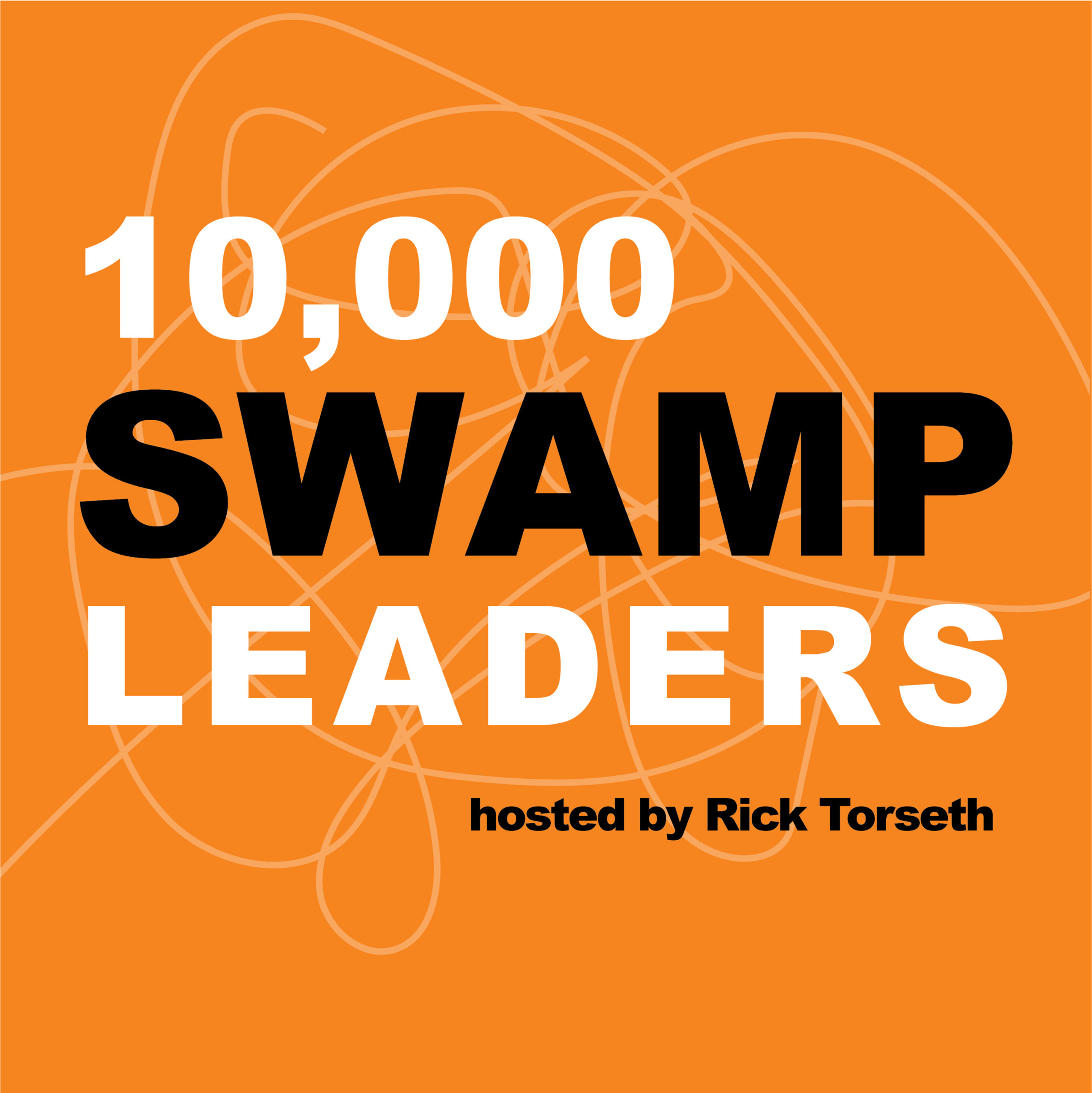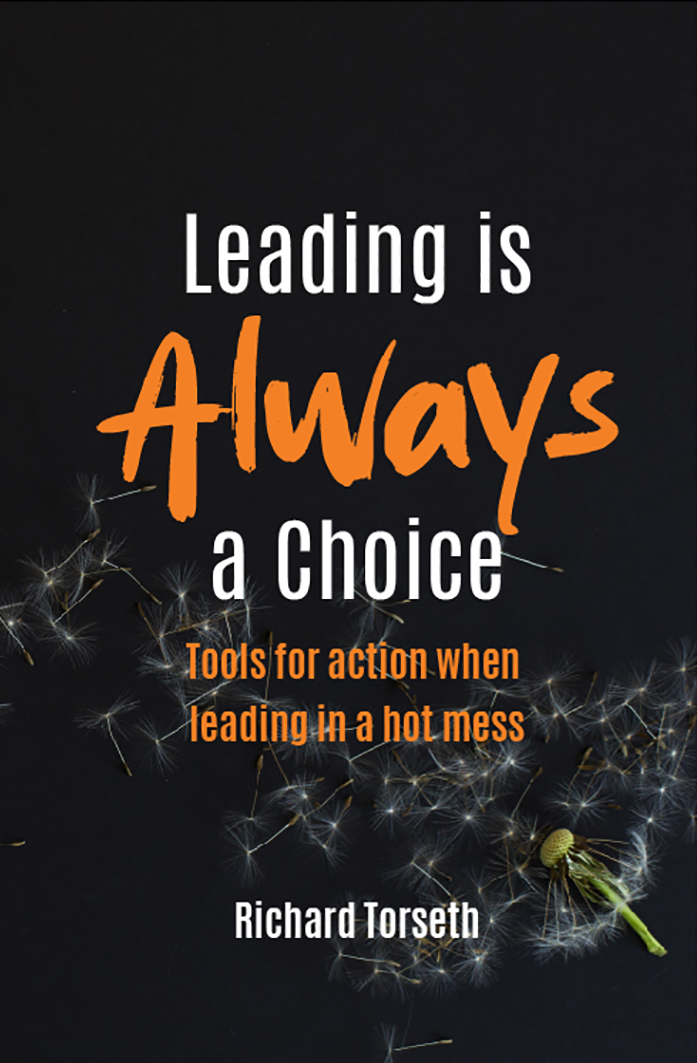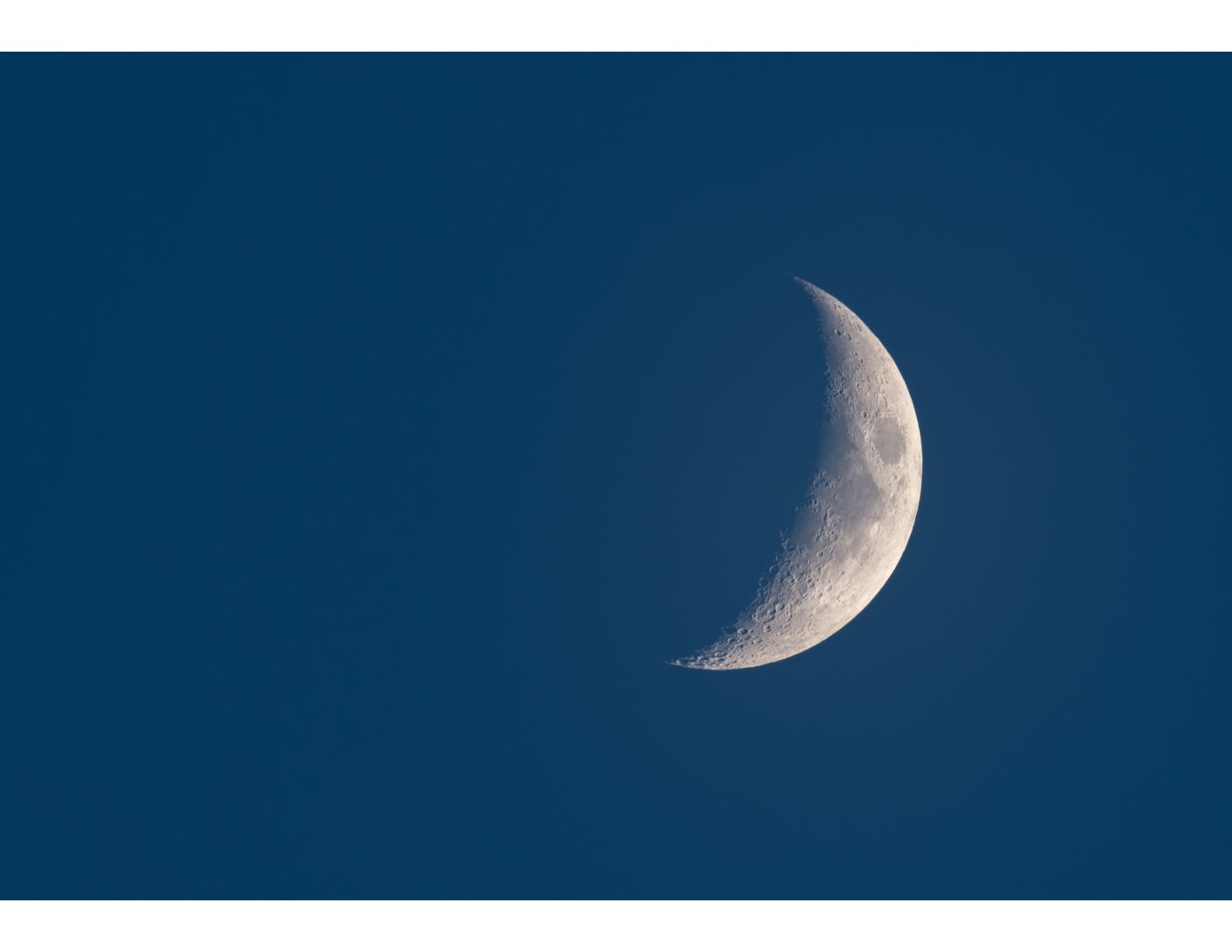On September 12, 1962, John F. Kennedy publicly put the United States on the spot when he declared, “We choose to go to the moon in this decade and do the other things, not because they are easy, but because they are hard, because that goal will serve to organize and measure the best of our energies and skills, because that challenge is one that we are willing to accept…”
NASA made good on Kennedy’s challenge on July 20,1969 when Neil Armstrong and Buzz Aldrin walked on the moon and an audacious achievement was pulled off in less than seven years.
Many people in my country have said that it’s all been downhill for the US since Armstrong’s walk on the moon. They say we have not dared ourselves to be that bold in the following 51 years.
If this assertion is at all accurate, Kennedy would probably say it’s because we have not chosen another moon-shot goal that “would organize and measure the best of our energies and skills…”
Last week, I came across a document in my files titled The Ten-Fold Commitment. It was written by Bill Veltrop. I was introduced to Veltrop and his Ten-Fold Commitment framework in 1990.
He defined a Ten-Fold Commitment as “a commitment to achieving a Ten-Fold increase in one’s capability to make a lasting difference.”
In 1990, I could not grasp that I might be capable of making a ten-fold increase in anything I touched in the world. Work or otherwise. Veltrop’s model intimidated me for a long time but it never left me. I played with it for years but never committed to its rigor. In a way, as Kennedy had identified, I was not willing to do the hard work, and so I never experienced the possibility of marshalling all my energies and skills to make that lasting difference.
Then along came Covid and the months long stretch of lockdowns, working from home, zoom, zoom and more zoom, and with it all, the sense that life as I had grown used to living was tenuously up for grabs. I am clear there is nothing unique about my experiences during the pandemic; what is unique is my reflections and meaning on what the pandemic and its consequences mean to me.
I am past the halfway point in my career, and the time I have to make a lasting impact is shrinking. My colleague and business partner, Matt Barnaby, would facilitate this reflection with a not-so-gentle probe of: “What?”, “So What?”, “Now What?” Though, on reflection, he’d be tougher on me than he would with his clients and just skip the first two questions.
I have made two clear decisions on how to use myself during what’s left of my professional time.
One is to end my long romance with Adaptive Leadership and get married. Adaptive Leadership was born at Harvard University and it’s fair to say that Adaptive Leadership’s parents are Ron Heifetz and Marty Linsky. I have been a supporter of the Adaptive Leadership frameworks and the need for developing more people who choose to lead and who have the capacity to mobilize others to take on the hardest problems the world faces.
It’s time to get to work helping those people build Adaptive Leadership capacity.
The second decision is my Ten-Fold Commitment: Develop 2000 adaptive leaders around the world by the end of 2026.
I have no clear idea on how to achieve this goal. I know I will need to get some help.
I do know that to pull this off I will need to live by John Kennedy’s declaration that doing the hard work will organize and measure all of my energies and skills.
I wonder if NASA has any unused Saturn V rockets laying around?





Comments are closed.